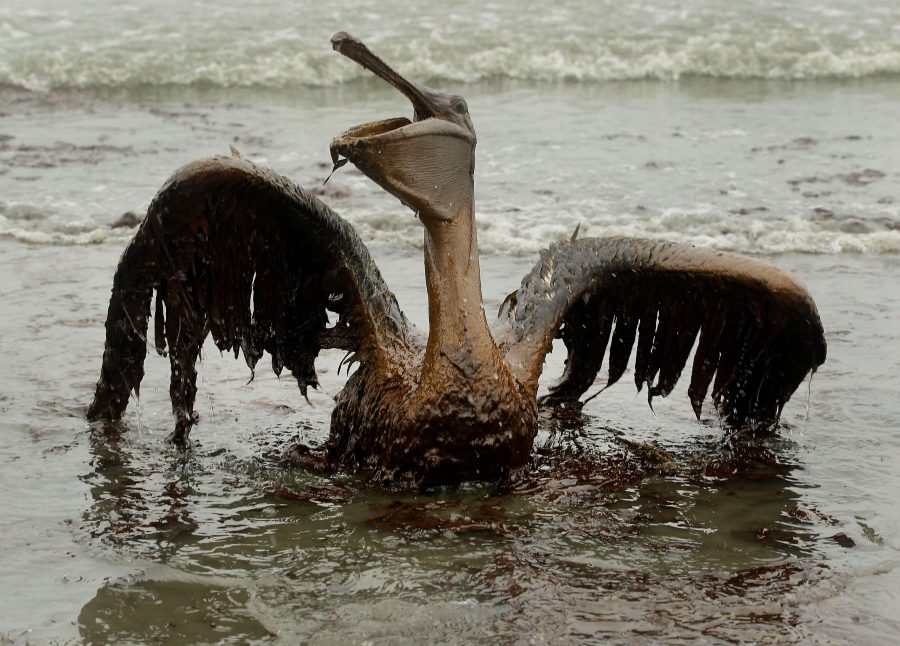They have had almost everything taken from them, and yet people are asking for more.
On Sept. 9, North Dakota will rule in favor for or against building an oil pipeline through the sacred lands of Native Americas.
Energy Transfer Partners is an engineering company which runs a program called the Dakota Access. The program aims to build a 1,170-mile-long oil pipeline that will bring in more than 400,000 barrels of oil a day, or approximately $15.6 million dollars. Thus, it is easy to see how the company would profit.
However, there have been several objections to the construction of this pipeline, and for good reason, too.
Native Americans, mainly from the Standing Rock Sioux tribe, have been gathering outside of a small town named Cannon Ball by the thousands to protest against the construction which is taking place just north of a reservation. They have set up camps and spend the days peacefully protesting and praying.
The main arguments they bring forth are not only that the pipeline will traverse the sacred lands their ancestors walked, but also that it poses a huge environmental threat.
And they are right.
In recent history, there have been several horrific oil spills which have clearly shown just how dangerous oil extraction can be both for the environment and for humans.
It would be disastrous if the Dakota Access pipeline were to malfunction. Millions of gallons of oil would likely pour into the Missouri River and surrounding lands, harming the wildlife and the water, which is used by the Natives in the reservation as well as by some companies.
According to The Guardian, Vincent Night Horse Fox, a Native from North Dakota, said, “I come to support Standing Rock to fight against the pipeline. I want clean water for my family and all living things that walk on mother Earth.”
Many of those who have gathered share Fox’s views, and many more should. Events like the Flint water crisis and the effects that oil spills have on the environment should make us all wary of a giant pipeline that will cross the Missouri River.
Plus, the pipeline will transverse the sacred lands of the Standing Rock Sioux tribe which, while not part of their reservation, were originally their lands before colonization, and hold the burial sites of their ancestors. The Natives deserve respect and a say in this project, if only to show a bit of consideration for their history.
Their opinion on the project, as well as the environmental threat, should definitely be taken into account by the judge. Hopefully, for the sake of the people as well as the environment, the construction will be delayed until a compromise can be reached.
Energy Transfer Partners should make an effort to work with the Natives to do their best to avoid certain sacred areas and to do as little damage to the land as possible. The project should also be put off until better technology is available to ensure that the Missouri River will not be forever ruined.
The outcome of this case will affect every one of us as it will set a basis for future with potentially destructive construction, even here in California.
But more than that, it will show how much respect we have for the Natives whose land we are standing on, and hopefully, how much society has progressed.


